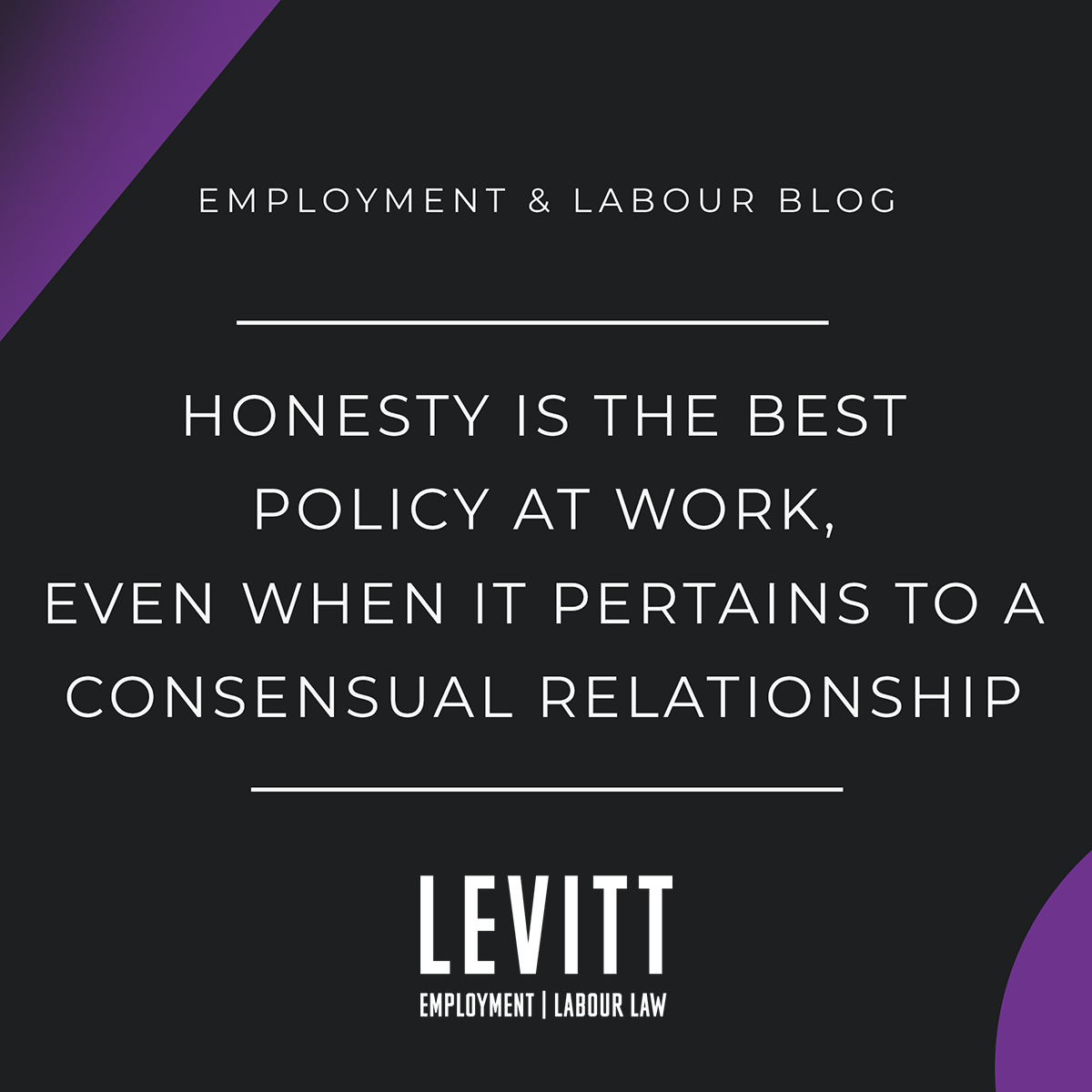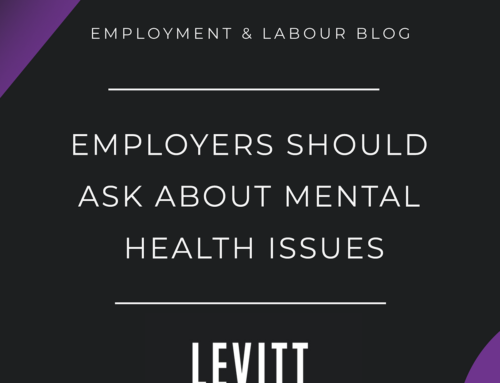In his poem Ode to the West Wind, Percy Bysshe Shelley asked “If winter comes, can spring be far behind?” Today, in employment law we might ask “As spring has set in, is romance far behind?”
Spring is when thoughts to romance, and employees and their co-workers are no exception.
However, workplace romances are fraught with dilemma, including allegations one party in the relationship favoured the other with ensuing co-worker unrest; a sense that advancement is impossible for others as the boss inherently will favour their partner; misuse of company resources to maintain or conceal the relationship; potential sexual harassment claims by a spurned or ultimately vengeful party.
What choices befall employers once aware of a relationship’s existence? I am often asked whether a romantic workplace relationship is cause for dismissal. The answer may come as a surprise to some: It is not cause for dismissal. And my answer remains no, even when that romantic relationship is between a manager and a subordinate.
But as Mike Dillon’s case proved, that doesn’t mean the senior employee is off the hook. A shareholder and director of an accounting firm, and one of two managers in its Regina office, Dillon was enjoying a consensual relationship with his receptionist. Employees viewed her as vulnerable because she was going through a divorce. She was emotional in the office and at times it affected her ability to work. Rumours and complaints ensued.
Dillon was confronted three times about his relationship with the receptionist. Each time, he lied. He was terminated for cause. The company argued that the very existence of the relationship was cause. However, the court held that, even though the relationship was between a superior and a subordinate, it was consensual with no allegations of harassment. As such, it was not cause.
However, as I have often noted in many contexts, the lie was cause for discharge. Dishonesty of a senior employee such as Dillon caused a breakdown in the requisite faith and trust necessary to support the employment relationship.
Some employers prohibit superior-subordinate relationships making their very existence cause for discharge, particularly if the partners in the relationship don’t first come forward and disclose it’s existence. In that case, the employer can still opt to terminate — without cause .
Many companies recognize that romantic relationships in the workplace are unavoidable so must be managed. Some employers do this through policies, which limits the risks of those relationships affecting the workplace. Those employers require employees to disclose the relationship so the company can take steps to ameliorate any potential effect, such as moving one employee to a different department.
This creates an obligation on both employees involved to disclose their relationship. With such a policy in place, failure to report may itself be cause for discharge.
As in all areas of employment law, honesty remains the best policy.






